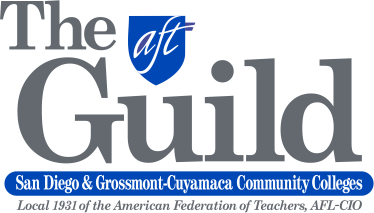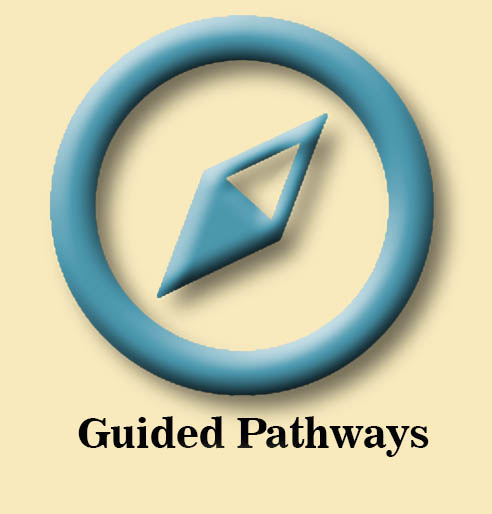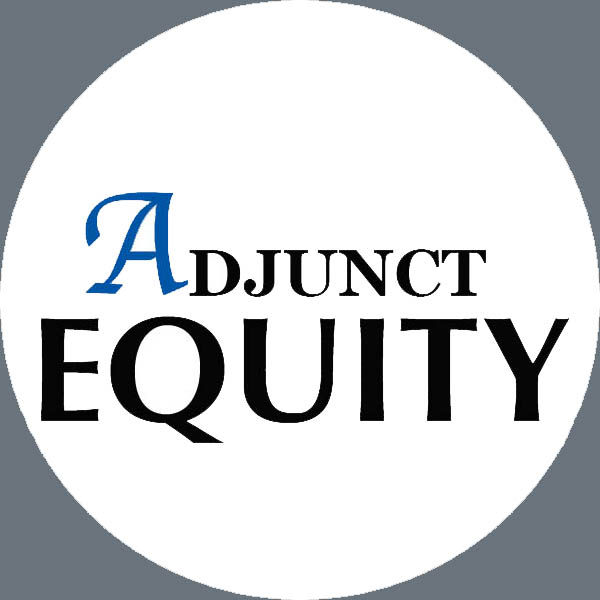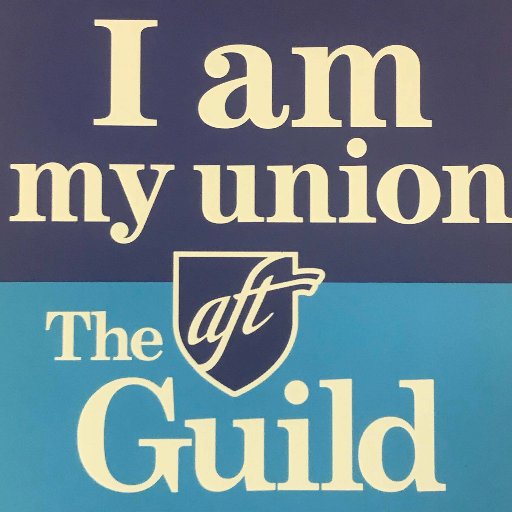A recent poll released by PDK shows widespread discontent among teachers nationally. According to the annual poll done by this association of teachers, administrators, and other educational professionals, six out of ten teachers report feeling dissatisfied, disrespected, and underpaid with half of educators saying they have considered leaving the profession.
In the wake of the West Virginia, Arizona, and California teachers’ strikes (in both Los Angeles and Oakland), these results should not be surprising as out of the 60% of educators who said they are unfairly paid, 55% indicated they would go out on strike. That rises to 67% for those making $45,000 a year or less.
Concerns of educators go beyond pay, however, with 75% of teachers saying that their schools are underfunded and 58% willing to strike for higher school funding. 52% would also strike for more say in determining standards, testing, and curriculum. Thus, it is both the economic status of educators driving greater militancy AND a desire for more autonomy over the educational process.
Interestingly, the PDK poll also reveals very high public support for teachers’ strikes with 74% of parents and 71% of the general public voicing support for teachers striking for higher pay. Even higher numbers of the general public would support a strike for a greater voice in academic policies with 83% of parents behind such an action and 79% of the general public.
Thus, it should come as no surprise that the Los Angeles teachers’ strike along with others nationally was able to win with broad public support. These numbers also suggest that the kind of unionism teachers present really matters and that a deeper, social justice unionism that links the concerns of students and the community with the bread and butter needs of educators is both the right approach philosophically and strategically.
While these results are taken from the ranks of K-12 educators across the country, it would be interesting to see what a similar poll of community college educators would show. With colleges’ overreliance on part-time labor, the increasing exploitation of classified staff, and the intensifying push for more and more instrumental accountability measures, are community colleges the next front in the battle over what constitutes a fair deal for education workers and fair funding for our institutions?






0 Comments